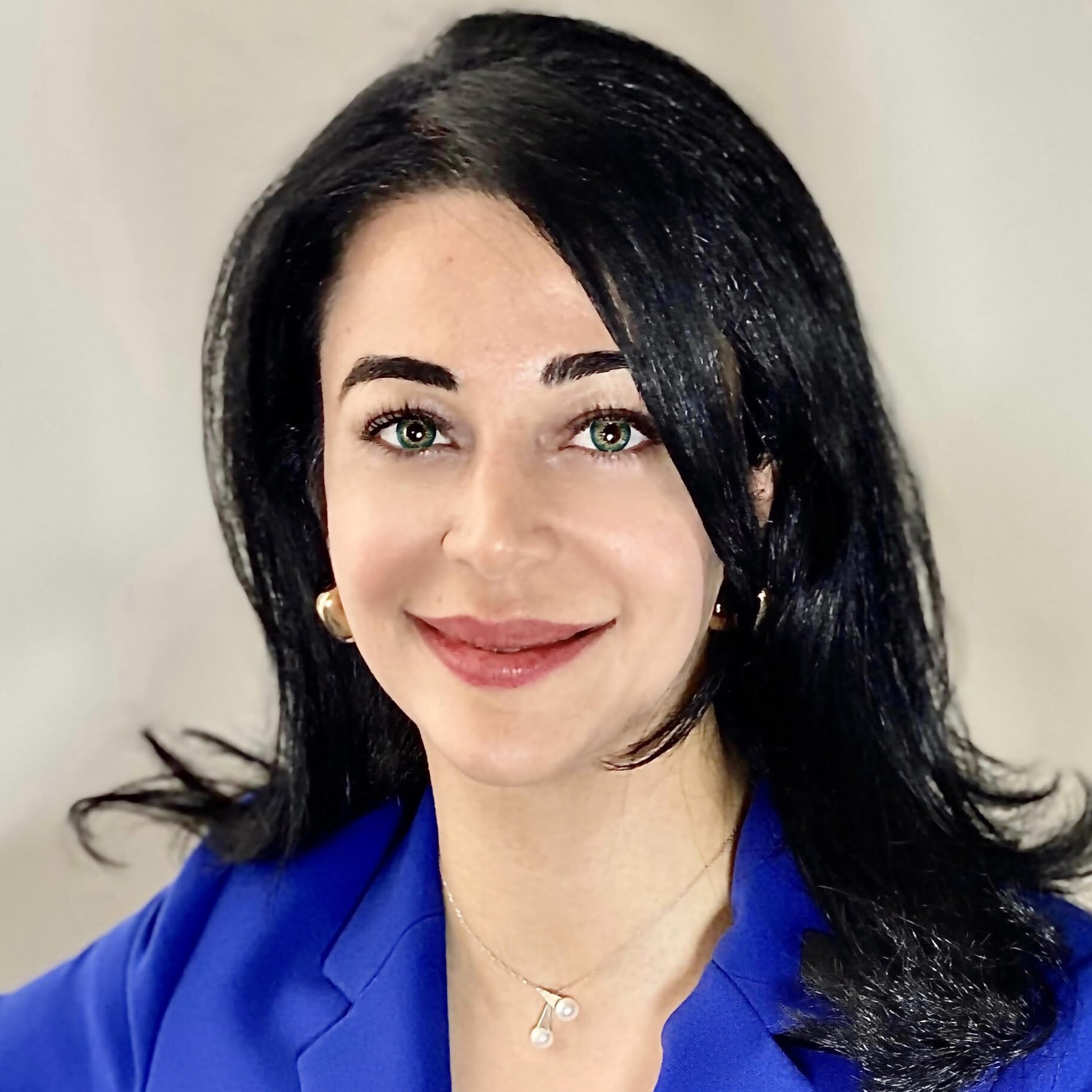As a Uyghur academic and representative of Uyghur Muslims, Professor Abdulresit Celil Karluk has spoken out on the plight of his people languishing in China’s concentration camps since 2017. Speaking exclusively to MEMO, Prof. Karluk discussed China’s genocidal policy against Uyghur ethnic minorities in the Xinjiang Uyghur Autonomous Region (XUAR), also known as East Turkestan.
Reflecting on his family’s condition, Karluk said that he has been completely cut off from them since March 2017. They are supposed to be in East Turkestan. “In the age of China’s Huawei technology, it is tragic that it has been about 1,400 days since I heard the voice of my mother, who is 90 years old,” he added.
“Actually, this disconnection with my family is not a situation unique to me. After the Nazi-style concentration camps were initiated by China in the region, millions of Uyghur Turks have lost contact with their relatives in the diaspora. As you have followed since then, those who have relatives abroad were taken to the camps. A brother of mine was taken to the camps in 2017.”
He pointed out that he was told that his brother was taken to his home in 2018 after he was tortured. He is now paralysed as a result.
“Later, I received information confirmed by the Chinese Embassy in Ankara that another brother of mine was also taken to the camps. I have no information about the specific allegations that led to my brothers being taken to prison or to a camp.”
READ: China’s treatment of Uyghurs violates the 1948 Genocide Convention, report says
Prof. Karluk told me that he has written many letters to the Chinese Embassy regarding the situation of his family, especially his mother. “They didn’t answer my questions. However, they did send a letter to me indirectly via my faculty in Ankara.”
Staff at the embassy have apparently not acted appropriately towards Uyghurs in Turkey even though China has ancient diplomatic rituals and etiquette. “They behave in a very arrogant manner, undermining the image of their country,” said Karluk. “They know that I have acquired Turkish citizenship because, in 2016, after I became a Turkish citizen, I submitted all the documents they wanted to renounce my Chinese citizenship.” He was called to the embassy but felt that there are no security guarantees or respect for the sanctity of life in the embassies of “dictatorial” countries. “As a matter of fact, it was not advisable for me to enter the Chinese Embassy while the tragedy of the journalist Jamal Khashoggi, who was killed at the Saudi Arabia Consulate, remained fresh in our minds. It would also be dangerous for me to enter China with my Turkish passport.”
Before moving to Turkey, he worked in Beijing as an academic, where he had thousands of students and colleagues from various nationalities. “I have lost contact with almost all of them.”
According to China’s official statistic, the republic recognises 55 ethnic minority groups within the country. This led us to talk about Prof. Karluk’s newly published book, To be Chinese and Others in China. He told MEMO about the motivation for writing it.
“When I was in high school, I asked why our own place names such as Kasgar, Aksu and Hoten were in Turkish, but the region we live in is called Xingiang in Chinese. Why are the names of our provinces in Turkish, while the names of the autonomous regions are in Chinese? Later, while I was studying at the university in Beijing, I did research for nearly 15 years about the sociology of ‘Minorities in China’. It is very rare to see original versions of a mosque in China. It is very important to understand what it means to be Chinese and the government’s discrimination policies against the minorities in the country. My book focusses on these issues.”
READ: Uyghur women protest against Chinese camps on International Woman’s Day
According to Prof Karluk, China has little regard for faith groups and Beijing’s repression is extensive. For example, China’s Communist Party is intensifying its persecution of Christians as their faith grows in popularity. A new state-approved translation of the Bible was planned to be published last year.
He pointed out that there is also a problem in trying to get the Muslim world to understand China and its culture. “The Muslim world is not trying to understand what it means to be Chinese. Muslim countries are alien to Chinese culture. They should know them more and should open academic institutes on China and Central Asia.”
Research obtained by Associated Press in advance of its publication by China scholar Adrian Zenz claims that the hundreds of millions of dollars that Beijing pours into birth control has transformed Xinjiang from one of China’s fastest-growing regions to one of its slowest in just a few years. With reference to China’s mandatory sterilisation policy, Karluk reiterated the call for the Chinese Communist Party to end this horrific practice immediately.
“In the process of eradicating extremism, the minds of Uygur women in Xinjiang were emancipated… making them no longer baby-making machines,” wrote the Chinese Embassy in Washington on Twitter in January. However, this statement was later removed by the social media giant.











